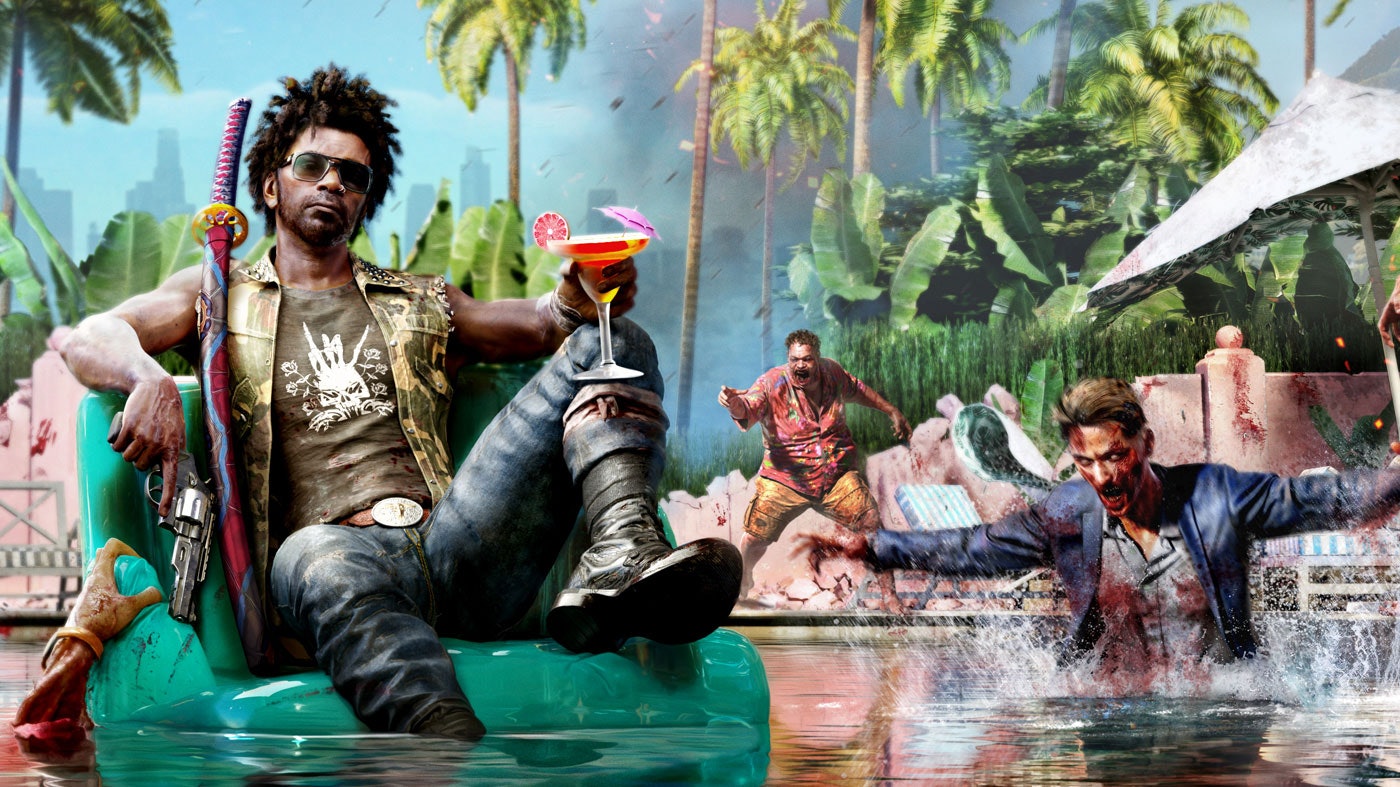
Only a stone’s throw from L.A. Live, where developers and media from across the globe would soon congregate for The Game Awards, lies a quiet bar nestled inside the Hotel Figueroa. If not for the occasional passerby waxing poetically about their predictions for 2023’s game of the year, one might remain oblivious to the buzz building around gaming’s version of the Oscars (with a way bigger audience). It’s here that Dambusters’ game director David Stenson met with Inverse to reminisce about the reception to his latest game, the infamous zombie survival RPG Dead Dead Island 2.
Dambuster Studios wasn’t the first team to set its sights on a follow-up to 2011’s original Dead Island. The game’s journey through “development hell” in the stuff of legends and pretty much impossible to recap in a single paragraph, but here’s our best attempt: The sequel started at Yager Development, but after three years Sumo Digital stepped in but also failed to finish the job. At the same time, Crytek was going through restructuring and downsizing during the development of Homefront: The Revolution. After Crytek sold off the Homefront franchise to Deep Silver, most of the development team followed suit and became the founding members of Dambuster, which stepped in to bring Dead Island 2 across the finish line.
Now, he’s looking to the future, with one DLC already released and another on the way — plus even more zombie content apparently in the works.
“We’ve got one or two other significant things for Dead Island 2 which haven’t been announced,” Stenson tells Inverse. “We definitely plan to support the game post-release.”
In a wide-ranging interview, Stenson reflected on the process of making Dead Island 2, whether he’d ever return to the Homefront franchise, and why Thirsty Suitors is his pick for Game of the Year (after his own title, of course).
This interview has been edited for brevity and clarity.

How do you feel about the vibe for The Game Awards this year?
Well, it’s my first time at The Game Awards so I have no baseline to judge it on, but we’re super excited to get the nomination. It’s an honor. With Dead Island 2 being set in LA, it seems very fitting and apt.
So you’ve got that home-field advantage, per se.
Let’s see. I’m not making any assumptions.
Readers have been talking about last year’s event and how developers were relatively underdressed. Do you think what you’ll be wearing to The Game Awards reflects a more professional attitude?
Well, let’s be clear. I’ve covered the whole nine yards, suits and everything. I could have just come in my Dead Island 2 t-shirt but I watched some footage of previous years and thought it was a pretty smart event, so I’ve come smart.
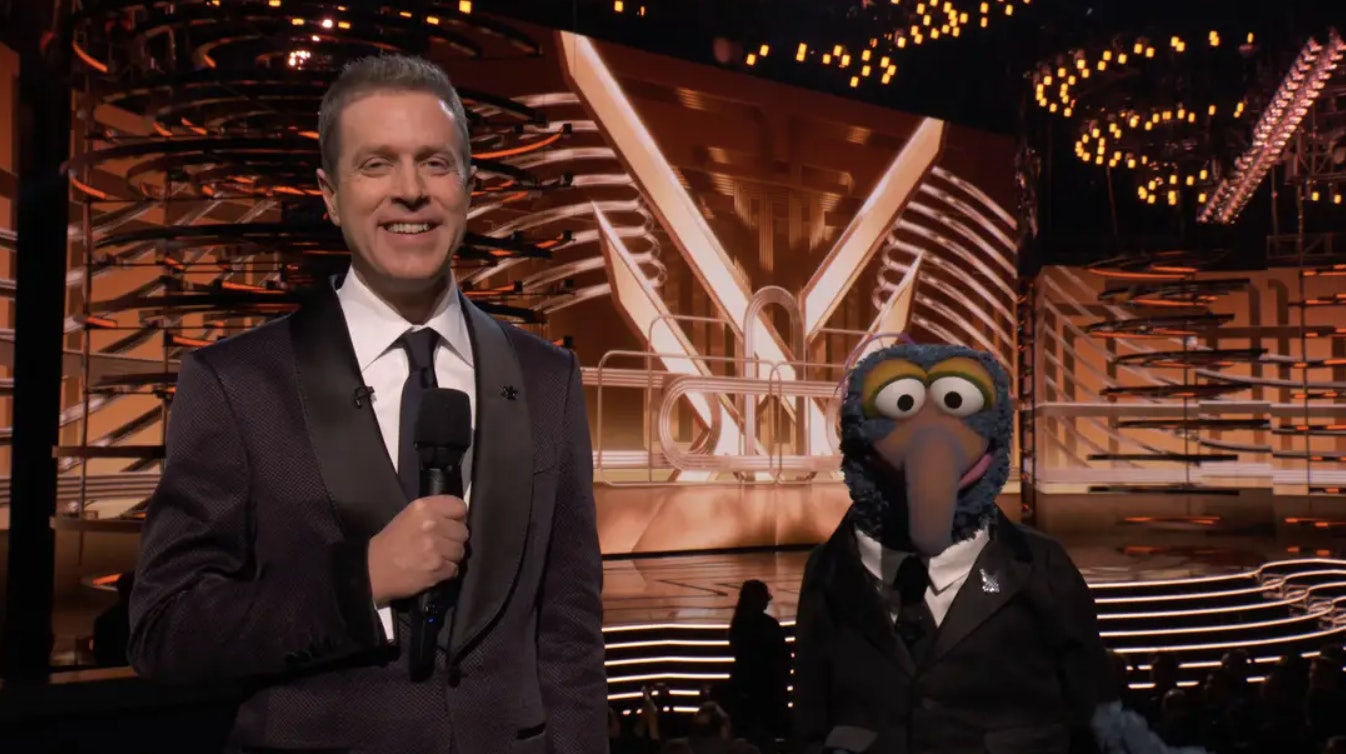
Geoff has been trying to turn the event more “Hollywood.” Do you feel like that takes away from the experience and it’s less about the games themselves?
Good question. I don’t know. I think it’s nice for games to have the moment in the limelight, isn’t it? And I think the games industry is pretty informal. There’s plenty of parties and mixers and events that go on around on the sidelines where things are casual, but I think it’s nice to portray an air of professionalism. The budgets are big for games, right? These are multi-million dollar IPs so I think it’s good to have an occasion where you can project that kind of professionalism.
It’s great that they’re celebrating more than just the best game in each genre but also delving into the best art direction, sound design, and the underrepresented developers that make the game such an experience.
Absolutely. Games are such a massive cross-discipline endeavor. It’s important to show all of those contributions and artisans and discipline experts. It’s super important that they get the praise that they deserve.
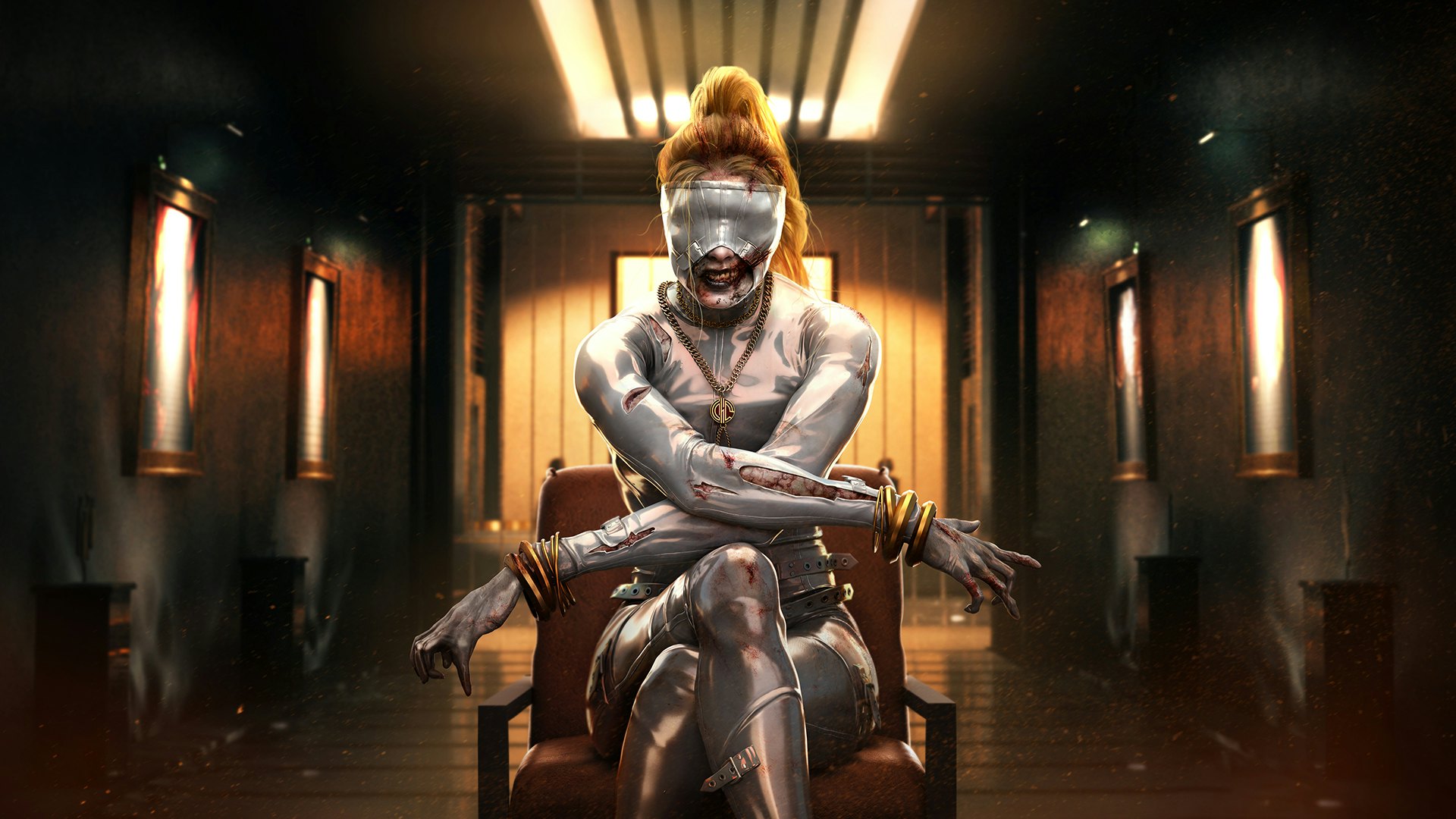
It’s been a long time coming but you finally shipped Dead Island 2 earlier this year. What’s next for Dambuster Studios? Are you going to keep working on that project or split up the team to explore another project?
We’re partway through the year of post-launch support for Dead Island 2. We released our first premium expansion a couple of weeks ago called “Haus.” And we’ve got another premium expansion coming early next year called “Sola,” which is set in a Coachella-style festival. We’ve got one or two other significant things for Dead Island 2 which haven’t been announced. We definitely plan to support the game post-release.
But as game director, I’ve got my eye on what we’re doing next as a studio, so we’ve definitely got something already in the works.
Would you ever consider developing a spiritual successor to the Homefront series?
Never say never, but it’s not really on our horizon at the moment. Homefront had a troubled development for us, but I think Dead Island 2 represented a good degree of catharsis. Homefront: The Revolution was the last CryEngine game for us, so yeah, onwards and upwards for Dambuster Studios.
I was one of those guys that was silently rooting for Homefront. I genuinely loved the multiplayer in the original Homefront and the concept of going near my backyard in Fort Collins, CO when I still lived there was a cool concept. You don’t see that town explored a lot in video games one way or another.
It’s a shame that Homefront released the way that it did. Six months later, after it was all patched up and the expansions had been released, I think it was a pretty good game. In the end, it did offer something different. We wanted to make sure that we corrected all of that in Dead Island and I think we did.
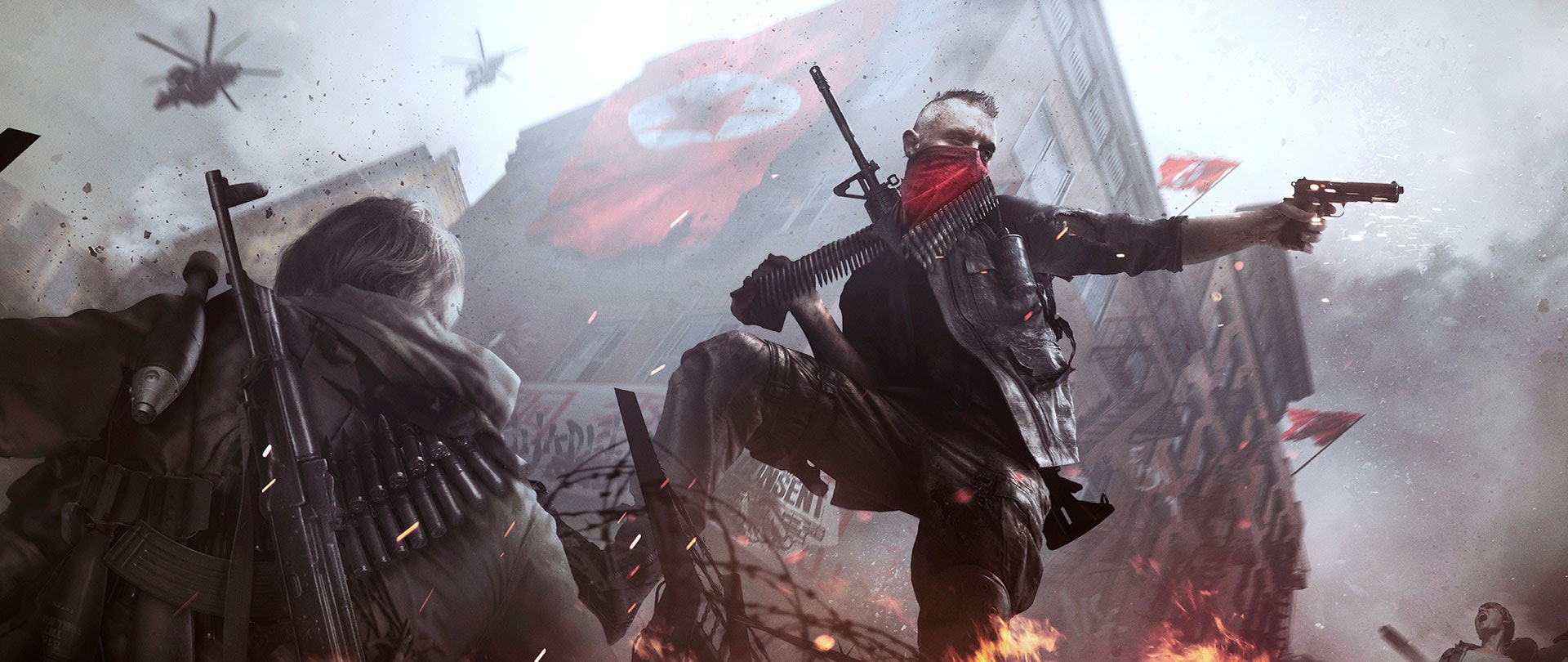
Would you ever consider going the Early Access route to make sure you hit those marks at launch?
It’s not something that we debate, per se. Not too much to say on that, to be honest, other than that we don’t typically discuss Early Access. Do consoles even do Early Access?
Temtem did one but it’s very rare that you’d purchase an Early Access game and it would redeem into the full game. It’s a rare occurrence for consoles.
We’re pretty firmly into that cross-platform territory with the games we release. In fact, for Dead Island 2, we had something like ten different SKUs to support across PlayStation, Xbox, PC, etc.
I’ve always been curious about the combat system for the original Dead Island and its Analog fighting control. Why do you think no other games have tried to attempt that since?
Analog’s definitely got its fans. From a pickup-and-play perspective, some folks can struggle with it a bit. It can be a bit like rubbing your head and patting your belly at the same time and requires an extra level of coordination. When you’re developing a game and you’re prioritizing all of the different features and trying to appeal to as wide of a market as possible, you’re going to go with what lends that pick-up-and-play appeal. The Analog control scheme has its passionate fans but it would be something that’s more of a “nice to have” rather than something you would lead with to go for that mass appeal.
Companies are doing great about that mass appeal by also making games a lot more accessible. Do you think there are any major hurdles that the industry needs to overcome regarding accessibility?
Frankly, it’s time and resources. With Dead Island 2, we did our best to offer a level of accessibility in terms of making sure that subtitle sizes were large enough and readable. From an audio perspective, there are enough settings but I don’t think you can ever go far enough with accessibility and there’s always more that you can do. It’s a struggle, you know? We’re a mid-sized developer, not a huge developer. It’s one of those juggling acts to get the game done and support all of the USPs (Unique Selling Points) and features. Accessibility is one of those things you’re trying to do on top of that, so it just comes down to how we all need to dedicate more time and resources towards it.
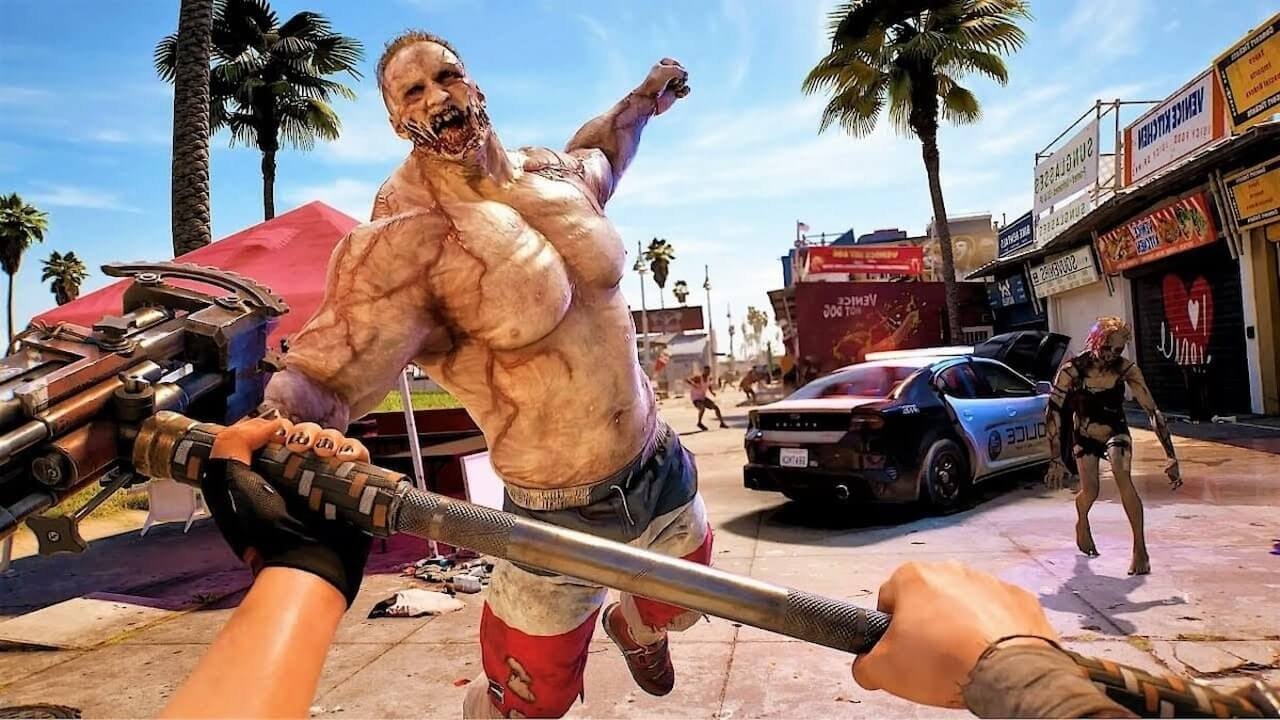
I’m genuinely surprised the gaming industry hasn’t adopted some sort of standards or middleware that helps accommodate that. I imagine that because of the variety of engines out there, from CryEngine to Unreal to Snowdrop and others, the tools aren’t going to carry over. Still, just having a framework could help guide design and help improve accessibility for your game.
There are really good subject matter experts that can offer consultancy and advice but I’m not aware of any sort of middleware that helps take care of that kind of thing. Games are so broad in terms of all of the different genres and requirements. But yeah, there are some standardized things that crop up time and time again. The easy example is subtitle size for people that have visual impairments.
In fact, one of the things that made me realize I needed glasses years ago was playing an RPG in the living room and going, “Why did they make the subtitles so small in this?” Then, when I put my glasses on, I realized something. There are a standard few things but it does get very genre and game-specific in terms of the tactile feel of what that particular game is requiring you to do.
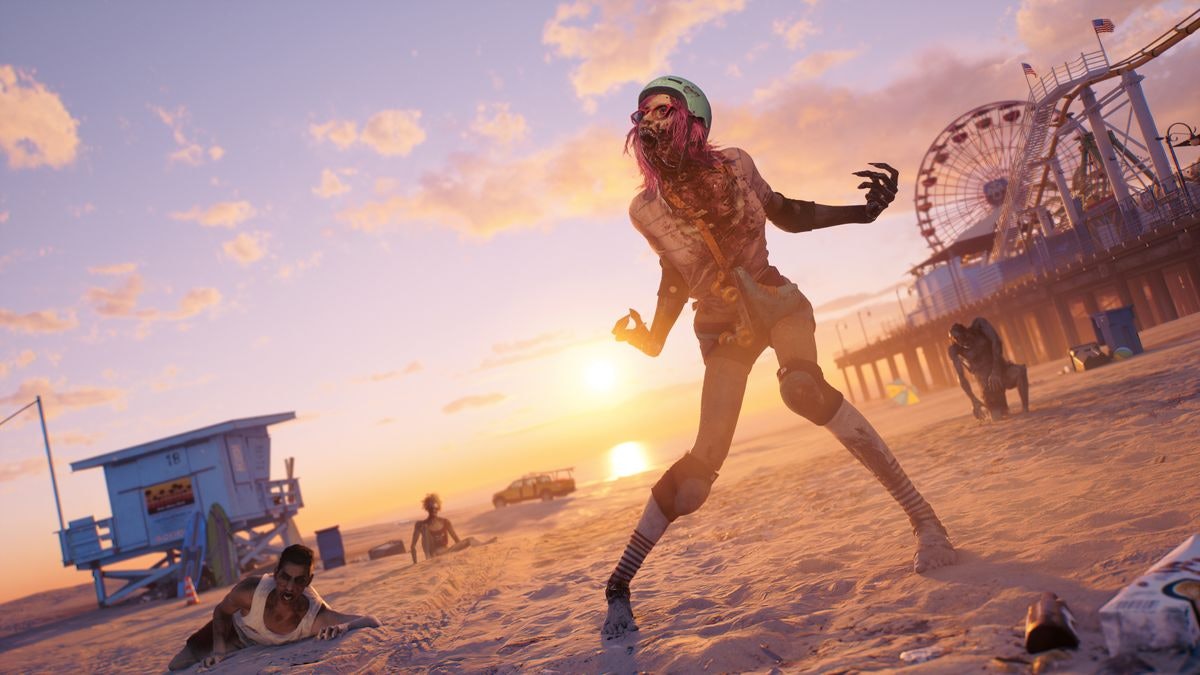
Speaking of genres, is there a genre that you felt excelled this year, and maybe one that could have had more representation?
In The Game Awards?
Yeah, even titles that weren’t nominated.
A genre that excelled?
People are looking to Baldur’s Gate 3 as the gold standard for RPGs but I want to hear your own take on it.
The game that stands out in my mind recently, and this is very much something personal that resonated with me instead of a genre, was Thirsty Suitors. I love that one. It’s so fun.
I was playing it with my 11-year-old daughter. I don’t know if she is the target demographic for that sort of game, but it’s just funny and accessible and treads that line where it’s mostly narrative or RPG-lite but has action elements in it as well. For me, you just look out for those standout titles that make you smile and offer something different. I’ve not played Baldur’s Gate 3 yet but I definitely intend to. It caught me off guard because it was a digital-only release first.
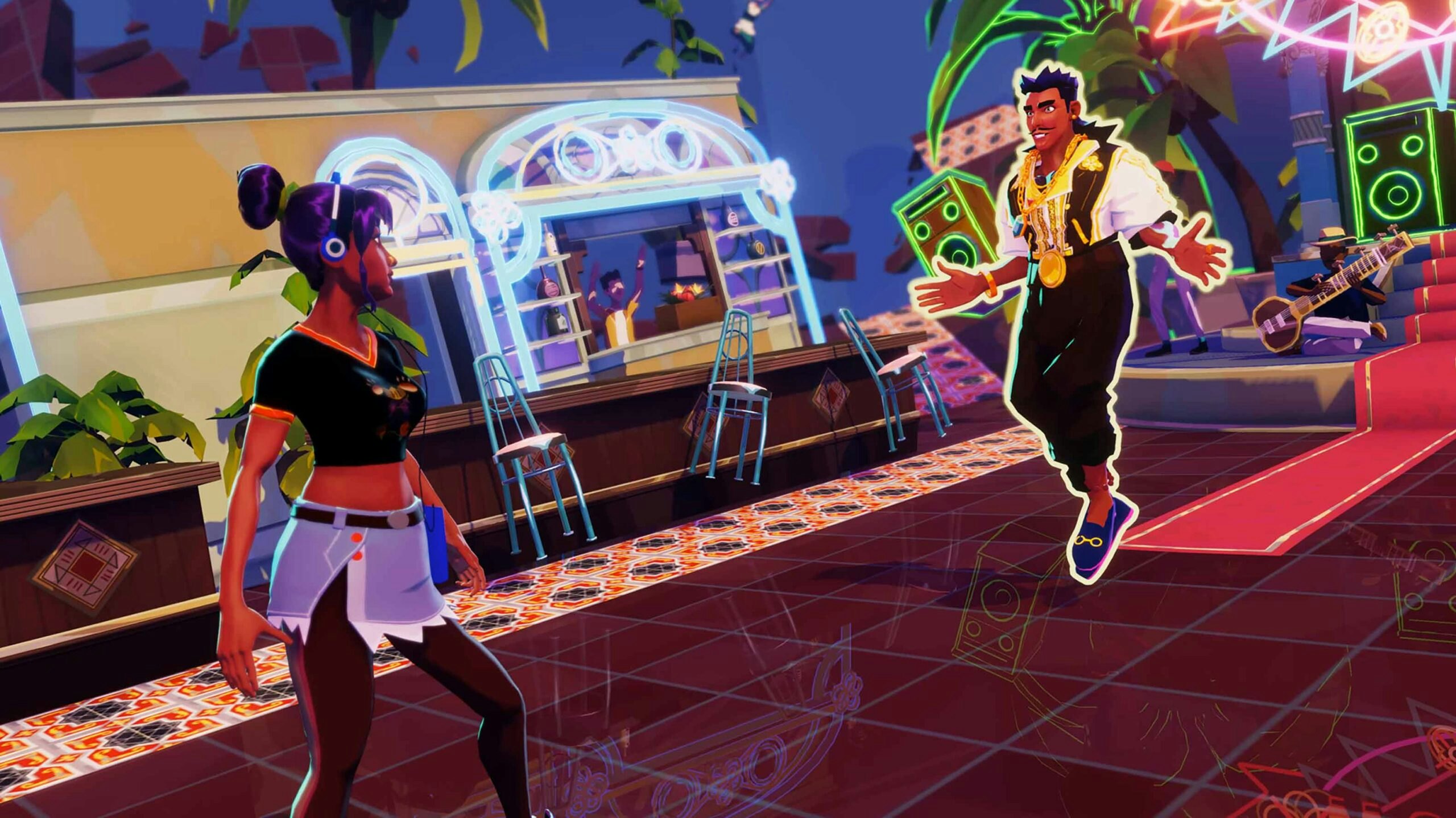
If you were to step away from creating first-person, or even action, games, is there a genre you’d personally want to create a game for?
If I was a tiny indie studio, I tend to like those somewhat gameplay-light but very story-driven games. I think back to years ago with Everybody’s Gone to the Rapture. Those kinds of games where it’s more about the setting and world and not engaging with events. I would probably make a game like that with a slightly slower pace and more thought-provoking. More niche.







